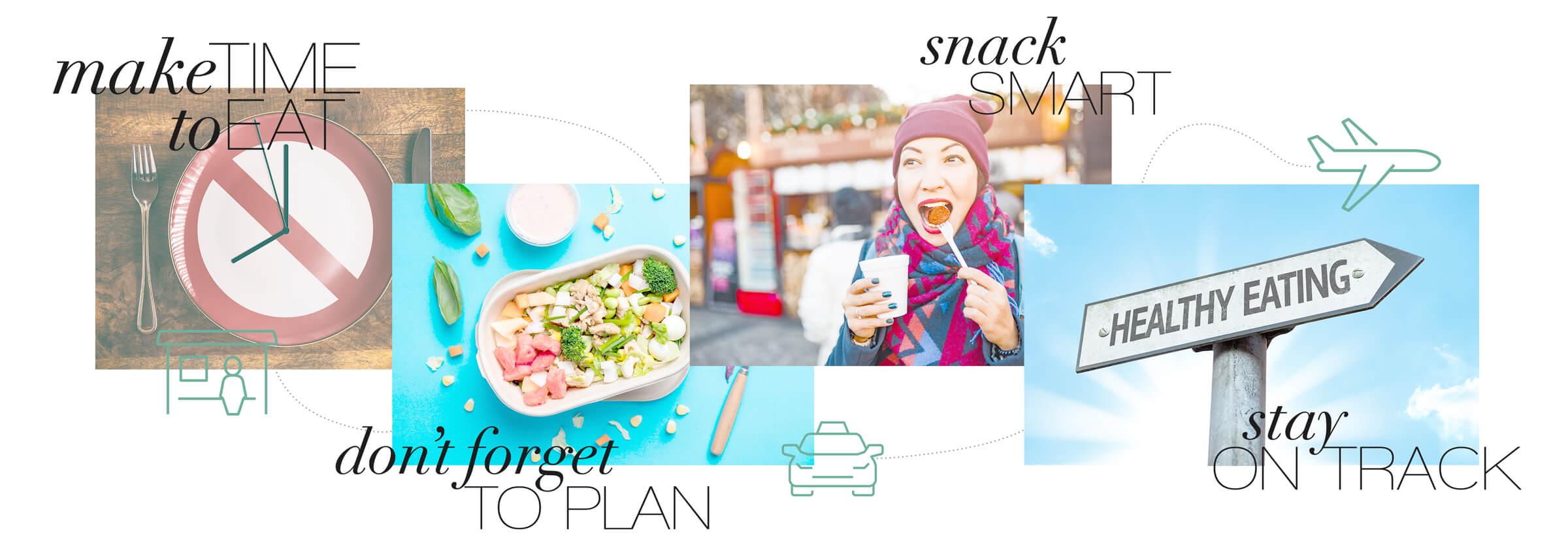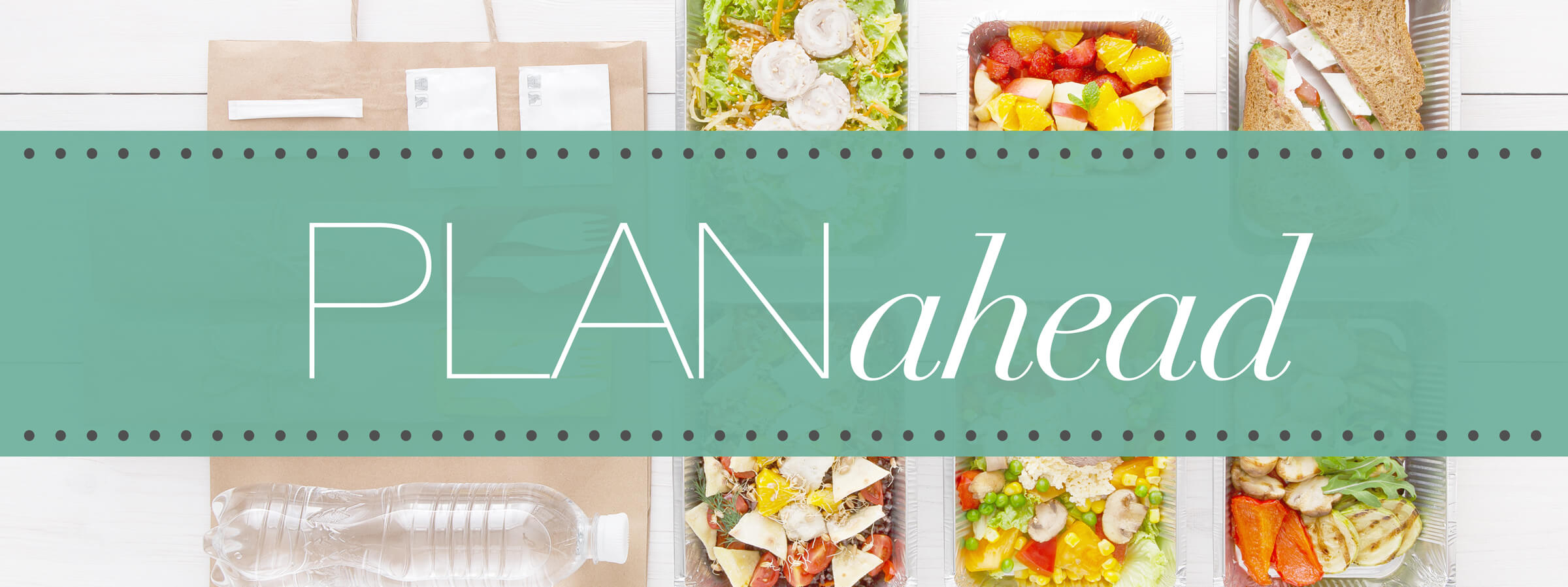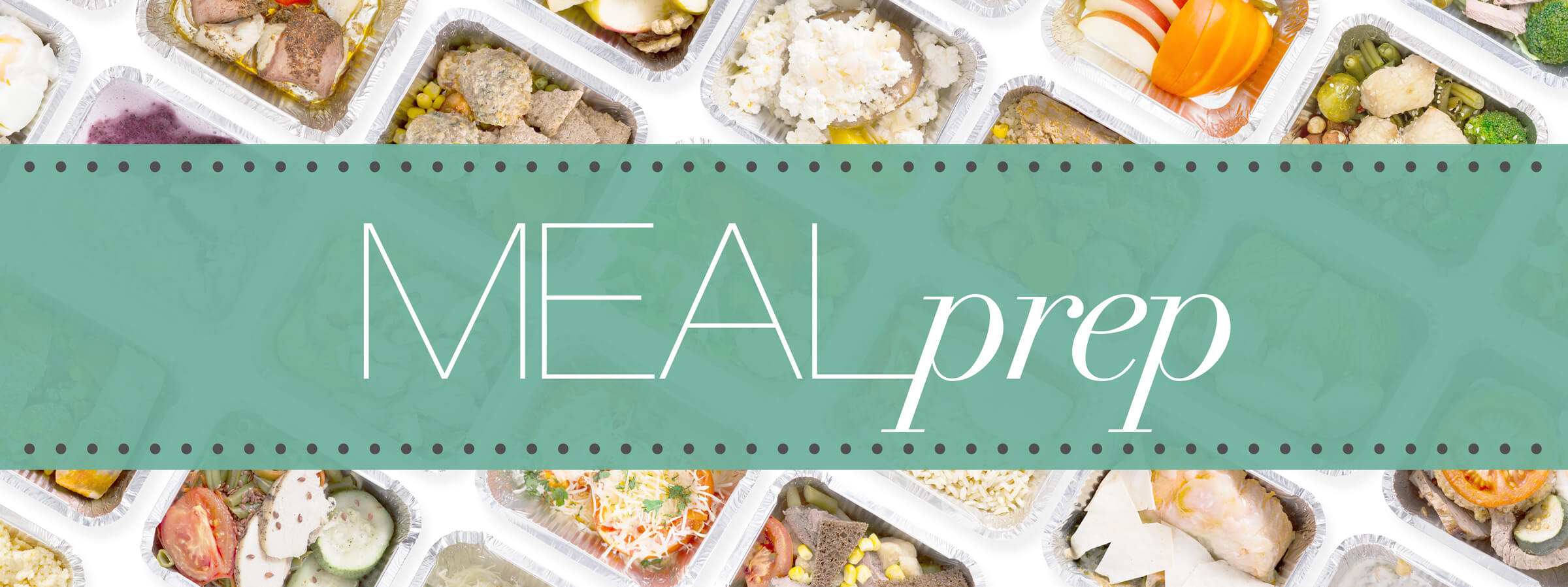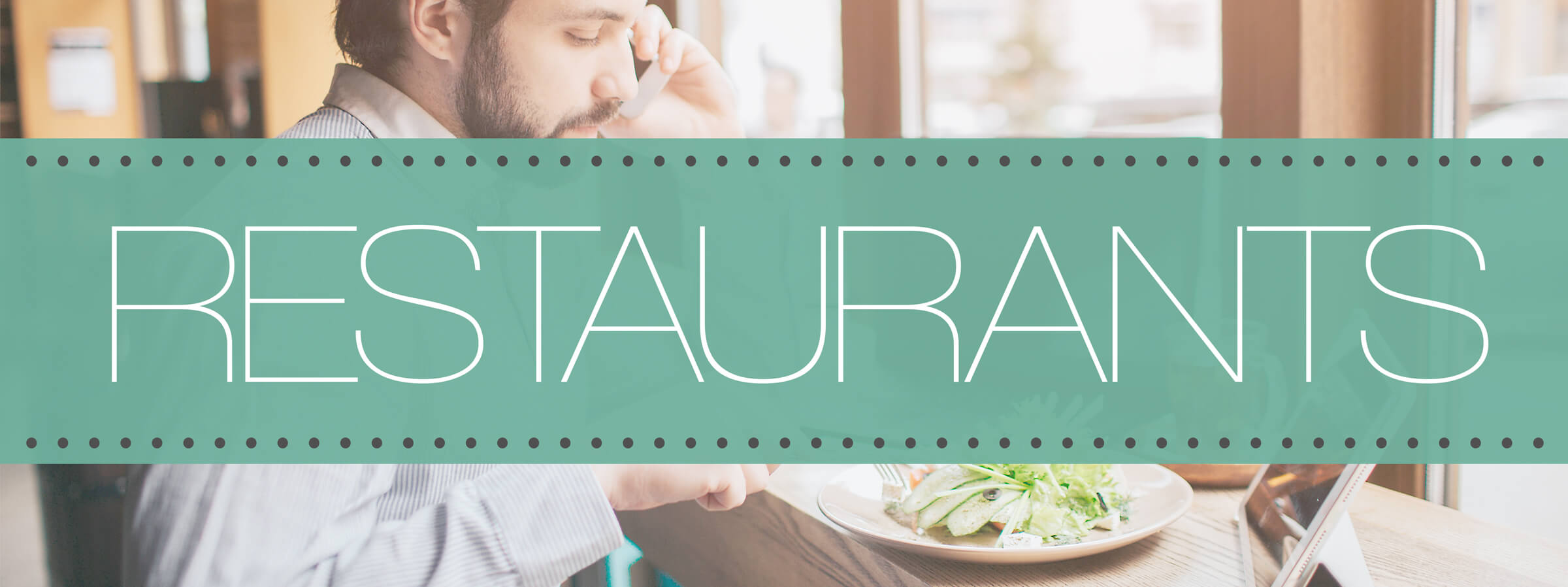If you’ve ever tried to keep a strict diet or meal plan on track while traveling for business, you likely understand it‘s just not that easy. The thought of being regimented while traveling always seems to set a stressful tone. So we start preparing our minds and bodies for a “cheat week” before we ever even set foot on a boat, plane, or whatever.
Sometimes we eat poorly on the road because we’re enjoying our time with friends and colleagues, sightseeing and sampling the local cuisine. Other times we eat poorly because traveling is stressful, work on-the-go is fast-paced, and we are far, far away from the comfort of our homes (and refrigerators). From the Uber, to the plane, to the hotel and beyond – extra planning is all it takes to return home feeling healthy and high-energy.


While it’s not unusual to plan for things like transportation, activities, and sights – we often forget to plan ahead for our diets and healthy meals. It’s not always possible to schedule every single meal throughout your trip, but you can start with a rough outline assuming three meals each day. Fill in any meals you already have planned for your trip and start adding additional details. You can avoid many potential diet derailments by thinking about a few details early on:

One of the most difficult parts about sticking to a solid meal plan can be the time in-between meals. When traveling for business, we tend to be up early and off to various destinations throughout the day. No matter how well we plan, it’s easy to give in to temptation and grab something quick from a vending machine or convenience store. Most snacks available for fast purchase are typically sugary, salty, greasy, or contain artificial ingredients such as coloring agents and preservatives. We suggest packing plenty of foods rich in healthy proteins, fiber, and vitamins. Also consider stocking up when you arrive at your destination. You’ll be glad you did!
Healthy On-The-Go Snack Options: vegetables and fruits, unsalted nuts, individual packets of nut butter, nut milk, hard-boiled eggs, granola, hummus, Greek yogurt, beef jerky, string cheese, rice cakes, cottage cheese, whole grain snacks

Snacking will only get you so far. Healthy meals are essential to staying sharp and present when traveling – especially for business. Depending on the length of your trip and mode of transportation, you should try to prepare as many meals ahead of time as possible. If your trip involves a long car ride, consider stocking a cooler to get you as far along on your trip as possible. If your hotel room is equipped with a refrigerator, consider filling it. The goal here is to avoid the unhealthy foods we find at airports, hotel restaurants, and trade shows. Check the rules of your airline beforehand to see if you are able to bring an insulated lunch box on the plane with you. Watch for restrictions on fresh produce – especially when traveling internationally.
Sometimes cooking may be an option during your trip. Maybe you’re staying at an Airbnb or at a friend or associate’s home. Some hotels even include a kitchen area. If this is the case, search online for grocery stores nearby and pick up ingredients for your favorite healthy dishes and meal prep away.
Healthy On-The-Go Meal Options: salads, protein shakes, healthy sandwiches or wraps

For most trips, meals are spent at restaurants, buffets, resorts, or airports. Keep portion size in mind and, whenever possible, check menus online ahead of time for any questions you may have about ingredients, preparation, or healthy options/substitutes. Feeling rushed while ordering could lead to making bad diet decisions – especially if the local cuisine is really superb.
Healthy Restaurant Tips: side salads with light dressing, ask for sauces on the side, avoid heavy soups with thick broth, substitute veggies for french fries, box the rest, avoid sugary drinks, order water or unsweetened iced tea, ask to see a gluten free menu, look for healthy options marked on the menu
For management, taking extra measures to provide healthy food options during business trips is rarely the less costly option. From work life to daily life, there is a general lack of understanding when it comes to the essential role diet plays in our day-to-day functionality. Managers should try to look to their employees for any special dietary requirements before traveling. Best results are achieved when employees are happy and high-energy – and diet plays a major role.
Get inspiration in your inbox